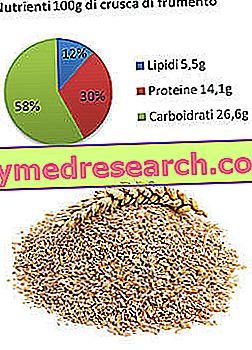Related articles: Crohn's disease
Definition
Crohn's disease is a chronic, inflammatory disease of the digestive system. Inflammation of the mucosa of the gastrointestinal tract causes acute and recurrent episodes of diarrhea and abdominal pain.Most common symptoms and signs *
- Anorexia
- Asthenia
- Intestinal Atony
- Increase in the ESR
- Bubbles on the Tongue
- Anal burning
- Cachexia
- Colic
- Abdominal cramps
- Diarrhea
- Yellow Diarrhea
- Dehydration
- Dysentery
- Drumstick fingers
- Pain in a hip
- Abdominal pain
- Abdominal pain on palpation
- Pain in the Navel
- Anal pain
- Articolar pains
- haematochezia
- Gastrointestinal hemorrhage
- Eosinophilia
- Temperature
- Abdominal swelling
- Swelling in the anal area
- Abdominal gurgling
- Fecal incontinence
- hypovitaminosis
- Iridodonesi
- macrocytosis
- Stomach ache
- Abdominal mass
- Nausea
- Osteopenia
- Weight loss
- Gastrointestinal perforation
- Peritonismo
- rettorragia
- Growth delay
- Blood from the anno
- Blood in the stool
- Foam in urine
- Fatigue with spasms (spasmophilia)
- steatorrhea
- thrombocytosis
- He retched
- Biliary vomiting
Further indications
The symptoms of Crohn's disease vary greatly in severity and frequency with which they occur. Typical is the alternation of periods characterized by regression of symptoms with others of recrudescence. The association of symptoms such as fever, general malaise and periods of diarrhea (which does not respond to normal over-the-counter medications) and constipation should lead to suspicion of the presence of Crohn's disease, which will then be investigated through specific tests.



